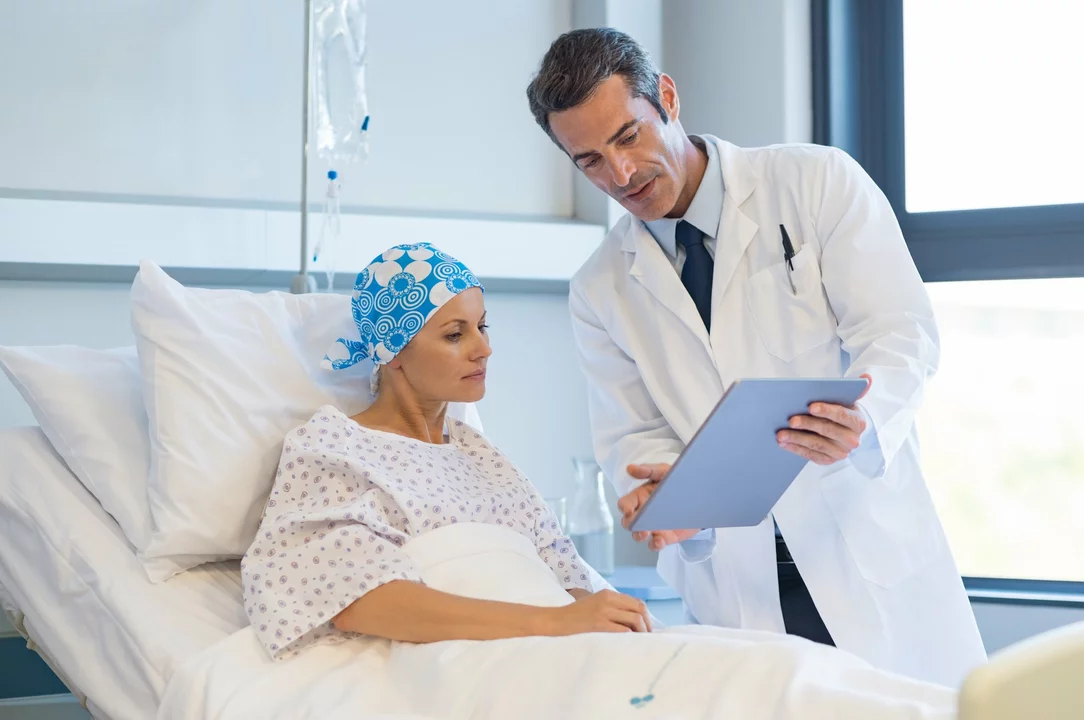Cancer patients: practical medication and care guide
Managing cancer means juggling appointments, medicines, side effects, and questions that won’t go away. This page pulls together simple, useful steps you can use today to keep medication safe, reduce infection risk, and find reliable pharmacies and resources fast.
Medication safety and interactions
Keep a single, up-to-date list of every drug, supplement, and herbal remedy you use. Share it at every appointment — oncologist, GP, dentist, ER. That avoids dangerous interactions. For example, some antibiotics and antidepressants change how chemotherapy drugs work. If a new drug is suggested, ask: "Will this change my chemo levels or my blood counts?"
When ordering meds online, use trusted pharmacies only. Look for clear contact info, a verified pharmacy license, and a requirement for prescriptions. Articles on this site like "Where and How to Buy Ceftin Online Safely" and the review of PrescriptionPoint show what to check before you buy. If a price seems too good to be true or the site skips prescriptions, stop and call your care team.
Managing common side effects
Nausea: Take anti-nausea meds before chemo if your team prescribes them. Eat small, bland meals and try ginger or cold foods if smells trigger you. Oral care: keep a soft toothbrush and saline rinses for mouth sores. Pain: discuss options beyond opioids; there are non-opioid choices and practical tips in our pain-relief articles.
Low white blood cells (neutropenia) raise infection risk. Wash hands often, avoid crowded places during low-count windows, and call your clinic at the first fever. Simple household hygiene — clean fruits and vegetables well, avoid raw or undercooked foods when advised — cuts risk too.
Fatigue is common. Prioritize the day’s most important tasks and use short rest breaks. Light movement, even a 10-minute walk, can help energy levels more than long bed rest.
Mood and sleep: Depression and anxiety are common. Antidepressants like sertraline (Zoloft) help some patients; talk to your doctor about timing and side effects. Good sleep habits — dark room, fixed bedtime, short naps — make a big difference.
Nutrition: Aim for protein at each meal to help healing. If eating is hard, discuss shakes or supplements with your dietitian. Avoid high-dose vitamins or herbal remedies without checking with your oncology team — some change treatment effectiveness.
Where to find help on this site: Use the tag list to read practical drug guides, safe-buy tips, and alternative options for pain and infection treatment. If you need personalized answers, use our Contact page to reach the site owner or ask your healthcare team for specifics about your case.
Small actions add up: keep your med list current, choose verified pharmacies, watch for infection signs, and speak up about side effects. You don’t have to manage this alone—use trusted sources and your care team to make safer choices every day.
 2 June 2023
2 June 2023
How sorafenib is improving the prognosis of advanced cancer patients
As a blogger, I've recently come across the incredible impact sorafenib has on the prognosis of advanced cancer patients. Sorafenib, a targeted therapy drug, works by blocking enzymes that promote cancer cell growth, ultimately slowing down the progression of the disease. Studies have shown that this treatment significantly improves survival rates and reduces symptoms in patients with advanced kidney, liver, and thyroid cancers. With fewer side effects compared to traditional chemotherapy, sorafenib offers a more tolerable option for those battling these aggressive cancers. I am excited to see how this innovative drug continues to change the lives of advanced cancer patients worldwide.
Latest Posts
-

The role of adapalene in treating acne on darker skin tones
-

Depakote: Uses, Side Effects, and Essential Information for Patients
-

Horsemint: The Secret Ingredient for Boosting Your Health and Wellness Journey
-

Meclizine vs Alternatives: Which Antihistamine Is Best for Motion Sickness?
-

Post-Transplant Infections: How to Prevent, Vaccinate, and Monitor After Kidney Transplant

20